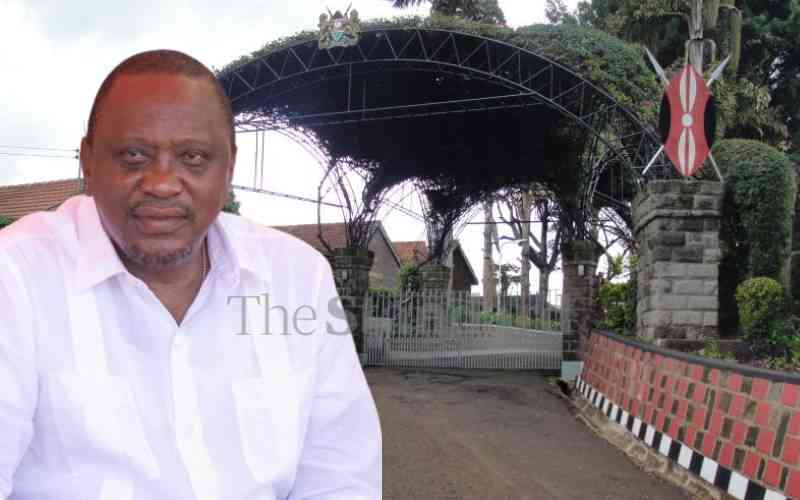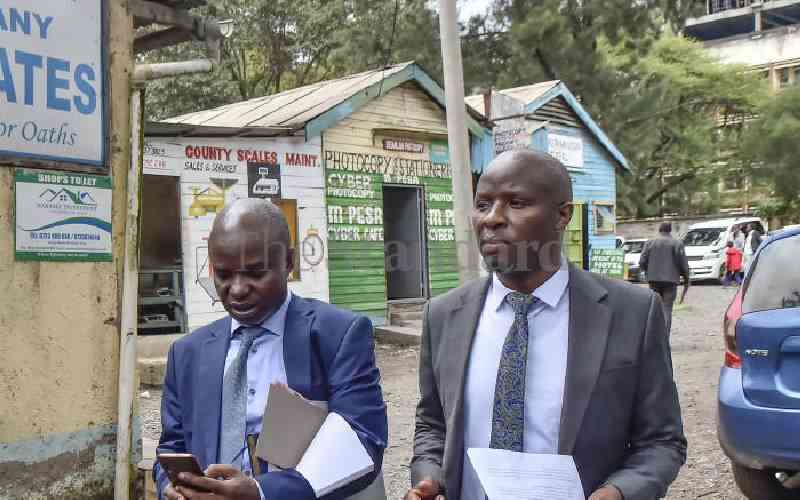Next week will mark the second anniversary since we ushered in devolution in the new political dispensation in Kenya. For the first time, we had new administrative units, counties, and an elected governor and a county assembly. The governors are holding their second annual summit sponsored by a media house.
As we mark the occasion, it will be necessary to reflect on the status of devolved governments even as we broadly welcome last week’s landmark court ruling that struck out CDF in favour of the county governments.
Kenyans overwhelming voted for the new Constitution primarily because of the devolution, which in essence was predicated on equitable allocation of public resources. And to entrench it in our system of government, the Constitution gave Senate the mandate to protect the interest of counties. Its key role includes the determination of the criteria for allocation of revenue among the counties.
This week, the Senate lost its first opportunity to do so when members failed to agree on the formula as individual county interests played out.
But perhaps the key challenge that the Senate is yet to fully address is the effective transfer of functions to the counties as provided for in the Constitution. Two years after commencement of devolution, there are still devolved functions that are still handled by the national government, for instance county roads.
In addition, the national government also maintains significant resources in its annual estimates to fund projects relating to devolved functions such as agriculture and water. As they start their third year in office, governors have a larger problem than senators in managing their counties. Service delivery in areas such as healthcare have been dogged by accusations of mismanagement, with doctors and paramedics downing tools and health facilities running out of drugs in some counties. Akin to what the national government has done, some governors have also taken on financing activities that fall within the mandate of the former.
But perhaps the greatest challenge facing the county bosses remains poor governance, fuelled largely by weaknesses in public sector management skills and in some cases unbridled greed. Governors are elected by the electorate to whom they are accountable through the county assemblies.
However, their relationship with the latter is anything but warm. In the two years, they impeached three governors although their actions hit a dead end after the Senate and the courts intervened. The governors have in turn crippled several assemblies by starving them of funds to conduct oversight, and literally undermining their efficacy by influencing them through corrupt practices.
There is growing frustration in several counties over lack of inclusivity in decision making, misplaced development priorities and misappropriation of funds. Donors such as the World Bank have raised the red flag, while the business community continues to express reservations over various finance Bills that increase the cost of doing business.
As the governors carry out their self-assessment in Naivasha, they must candidly reflect on whether they have met the expectations of their residents.
Public service is not the corporate world; there is accountability to the court of public opinion. Moreover, devolution is also about democracy at grassroots that empowers residents to express themselves to determine their future. For many counties, sound governance is still a dream. It’s time the governors demonstrated sound leadership in their counties to make a tangible impact on the lives of their electorate.
 The Standard Group Plc is a
multi-media organization with investments in media platforms spanning newspaper
print operations, television, radio broadcasting, digital and online services. The
Standard Group is recognized as a leading multi-media house in Kenya with a key
influence in matters of national and international interest.
The Standard Group Plc is a
multi-media organization with investments in media platforms spanning newspaper
print operations, television, radio broadcasting, digital and online services. The
Standard Group is recognized as a leading multi-media house in Kenya with a key
influence in matters of national and international interest.
 The Standard Group Plc is a
multi-media organization with investments in media platforms spanning newspaper
print operations, television, radio broadcasting, digital and online services. The
Standard Group is recognized as a leading multi-media house in Kenya with a key
influence in matters of national and international interest.
The Standard Group Plc is a
multi-media organization with investments in media platforms spanning newspaper
print operations, television, radio broadcasting, digital and online services. The
Standard Group is recognized as a leading multi-media house in Kenya with a key
influence in matters of national and international interest.







